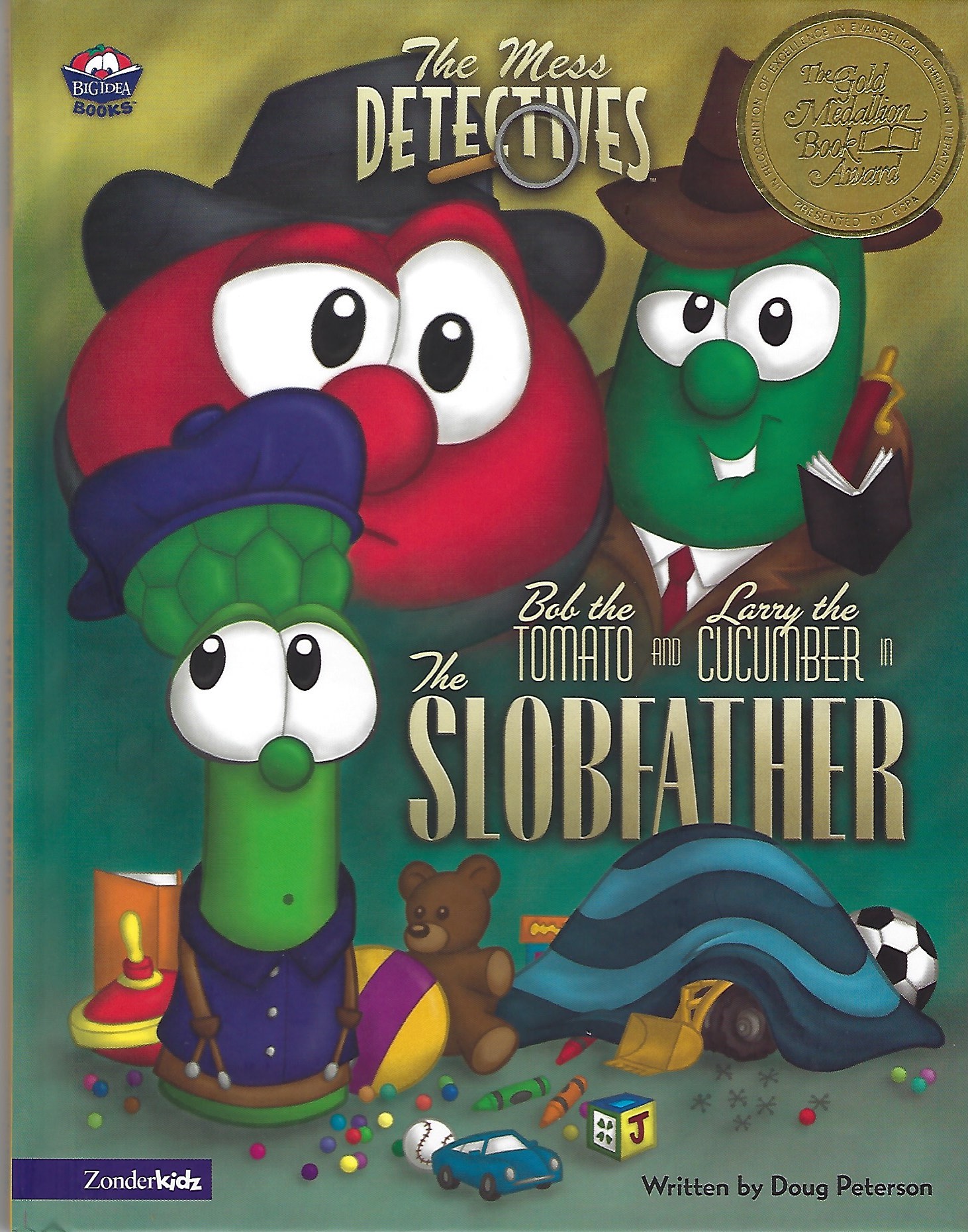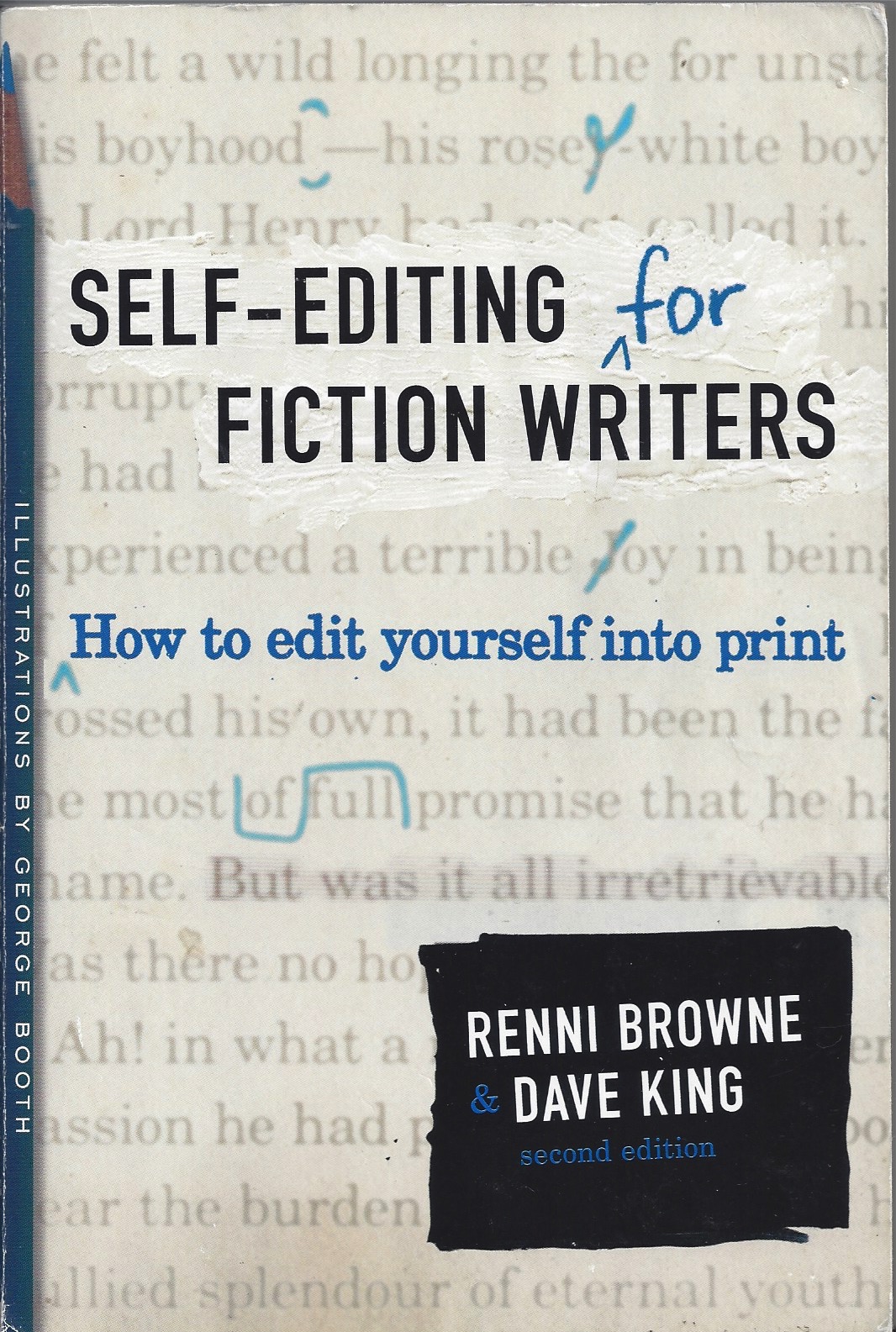
I had a chance to see the desk where J.R.R. Tolkien wrote “The Lord of the Rings.” You can find it at the Wade Center in Wheaton, Illinois.
I still remember the day my fiction-writing teacher made it clear that he was not happy with me. However, he wasn’t unhappy about my writing. He was unhappy about what I was reading.
At the time, I was an undergraduate at the University of Illinois, so this was a long time ago. Having arrived early, I slipped a copy of the Lord of the Rings out of my backpack and began to read, minding my own business. But as I read, I sensed the eyes of my teacher boring down on me. It wasn’t exactly the evil eye of Sauron, but I could sense the teacher’s disapproval. I cannot remember the exact words that my fiction teacher used, but he essentially asked why in the world I was wasting my time reading fantasy trash.
This attitude is as old as Middle Earth. As Joseph Pearce says in the book, Tolkien: Man and Myth, many people in the literary community were scandalized when a 1997 survey of 25,000 people in Great Britain voted J.R.R. Tolkien’s Lord of the Rings the greatest book of the 20th Century.
“Personally,” wrote one columnist in the London Sunday Times, “I won’t keep the thing in the house…With its awful runes and maps and tedious indexes, the sight of it filled me with depression…A depressing thought that the votes for the world’s best 20th-century book should come from those burrowing an escape into a nonexistent world.”
So there it is—the word that is often flung at literature that is actually fun to read. Escapist.
Tolkien had heard the same old complaint when he was alive. In his landmark essay, “On Fairy-Stories,” he confronted the accusation head-on by saying, “I have claimed that Escape is one of the main functions of fairy-stories.” He then went on to add, “Why should a man be scorned if, finding himself in prison, he tries to get out and go home? Or if, when he cannot do so, he thinks and talks about other topics than jailers and prison-walls?”
In other words, what’s so bad about escaping? He argues that fairy-stories (they didn’t call it fantasy writing back then) should aim for Escape with a capital E.
We all seek escape in one way or another. And that’s all right, depending on what you’re using to escape and what you’re escaping from. Some forms of escape actually become an even more horrendous prisons. For example, people use drugs to escape, and they become slaves to their addiction.
But reading a rip-roaring book with heroic values? I heartily approve of that form of escape. In his essay, Tolkien talks about many positive forms of escape in fairy-stories—escape from hunger, thirst, pain, sorrow, and injustice. He even includes escape from machines such as the internal combustion engine, as fairy-stories offer an escape into a land of trees, rivers, and lakes. He also touches on the escape of archaism, into a world of dragons, knights, horses, sailing ship, elves, kings, and priests.
Our desire for escape may stem from the built-in sense that we are all strangers in a strange land, that we were created for another world—a world where pain and suffering will be no more. I love life, but I realize that this existence is not my true Home. Stories such as the Lord of the Rings remind us that there is another world, and it’s not too far away.
This built-in desire to escape is perhaps why The Great Escape, with Steve McQueen, remains my favorite war movie of all time. And perhaps this is why two of the first novels that I ever wrote were real-life escape stories. The Disappearing Man tells the true story of Henry “Box” Brown, a slave who escaped slavery in 1849 by shipping himself from Richmond to Philadelphia in a box. Another of my novels, The Vanishing Woman, is about Ellen Craft, who escaped slavery in 1848 by pretending to be a white man, while her husband posed as her slave.
As the lyrics of the popular Christian song say, “There is power in the name of Jesus to break every chain.”
If you have a chain around your ankles, what could be so wrong about breaking those chains and escaping? But maybe the critics who fling around the word “escapism” are just being sloppy in their criticism; maybe they simply mean that they think the book is poorly written.
Maybe.
I think part of the reason they use this term so freely is that some people are afraid to recognize that we all need to be freed by Someone greater than ourselves. In that sense, they actually fear the idea of escape. And as Tolkien’s good friend, C.S. Lewis, author of The Chronicles of Narnia, once observed, “The only class of people who fear escape are jailers.”
Of course, the greatest escape story of them all is the granddaddy of breakouts: the Resurrection. The authorities put Jesus in a tomb, rolled a massive rock before the entrance, and posted a contingent of well-trained guards in front. But on the third day, He escaped. He didn’t tunnel his way out, and He didn’t crawl through the sewer. He conquered Death and rolled the stone aside.
Escapist? Sure, it’s an escape. But it’s what we all desire, and it’s the only thing that will ultimately satisfy us. As Lewis also said, “If we find ourselves with a desire that nothing in this world can satisfy, the most probable explanation is that we were made for another world.”
* * *
5 for Writing
- Get writing. Find the time to write. Then do it.
- Learn by listening—and doing. Solicit feedback, discern what helps you.
- Finish your story. Edit and rewrite, but don’t tinker forever. Reach the finish line.
- Thrive on rejection. Get your story out there. Be fearless. Accept rejection.
- Become a juggler. After one story is finished, be ready to start another. Consider writing two at once.





 We love helping your growing in your writing career.
We love helping your growing in your writing career.

1 Comment
Thanks for this great perspective. Some times I feel guilty for liking escapist fiction over more literary forms, but this article gives me new insight into why that is OK.